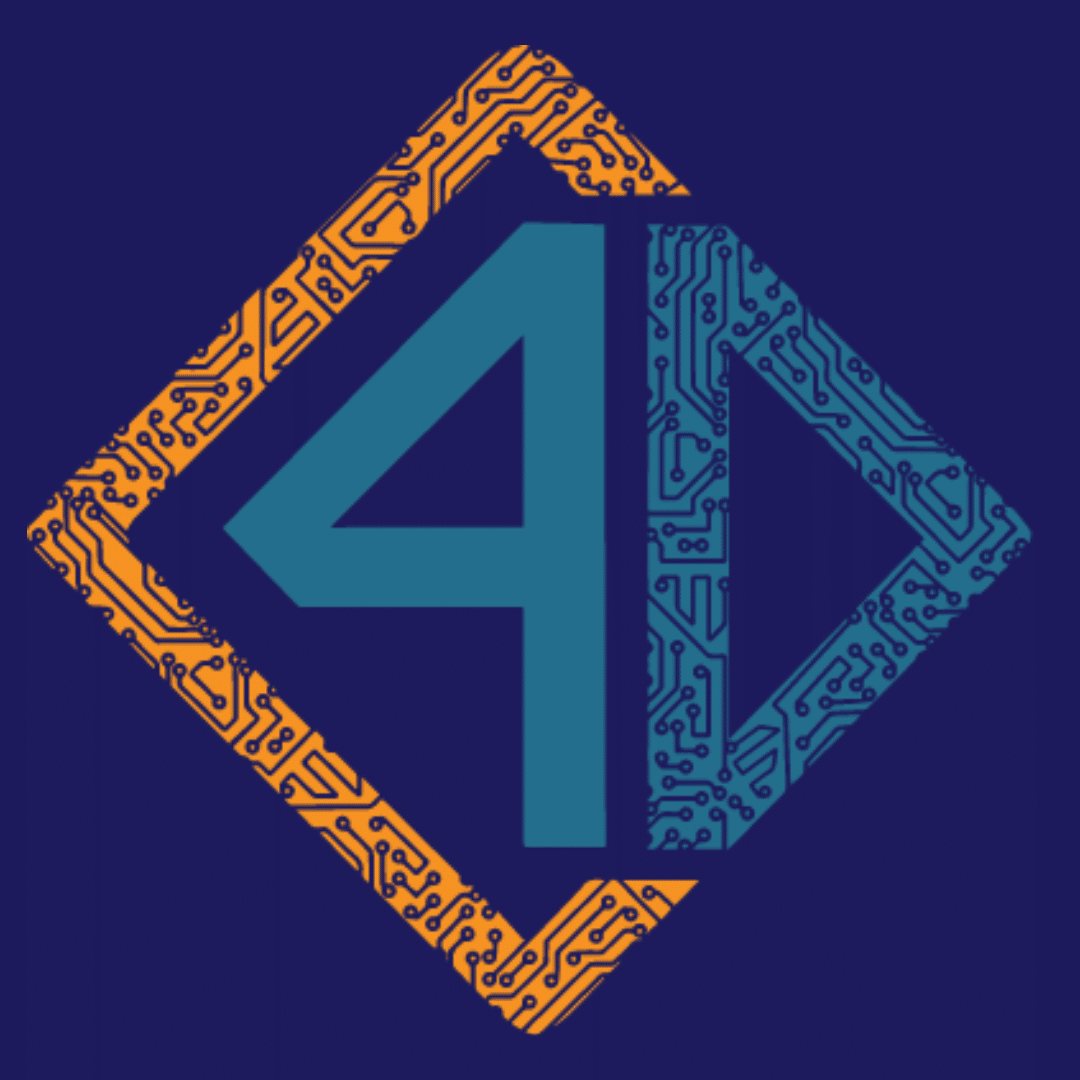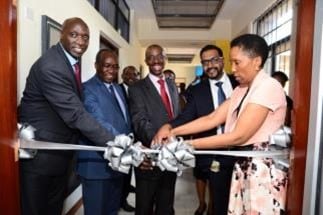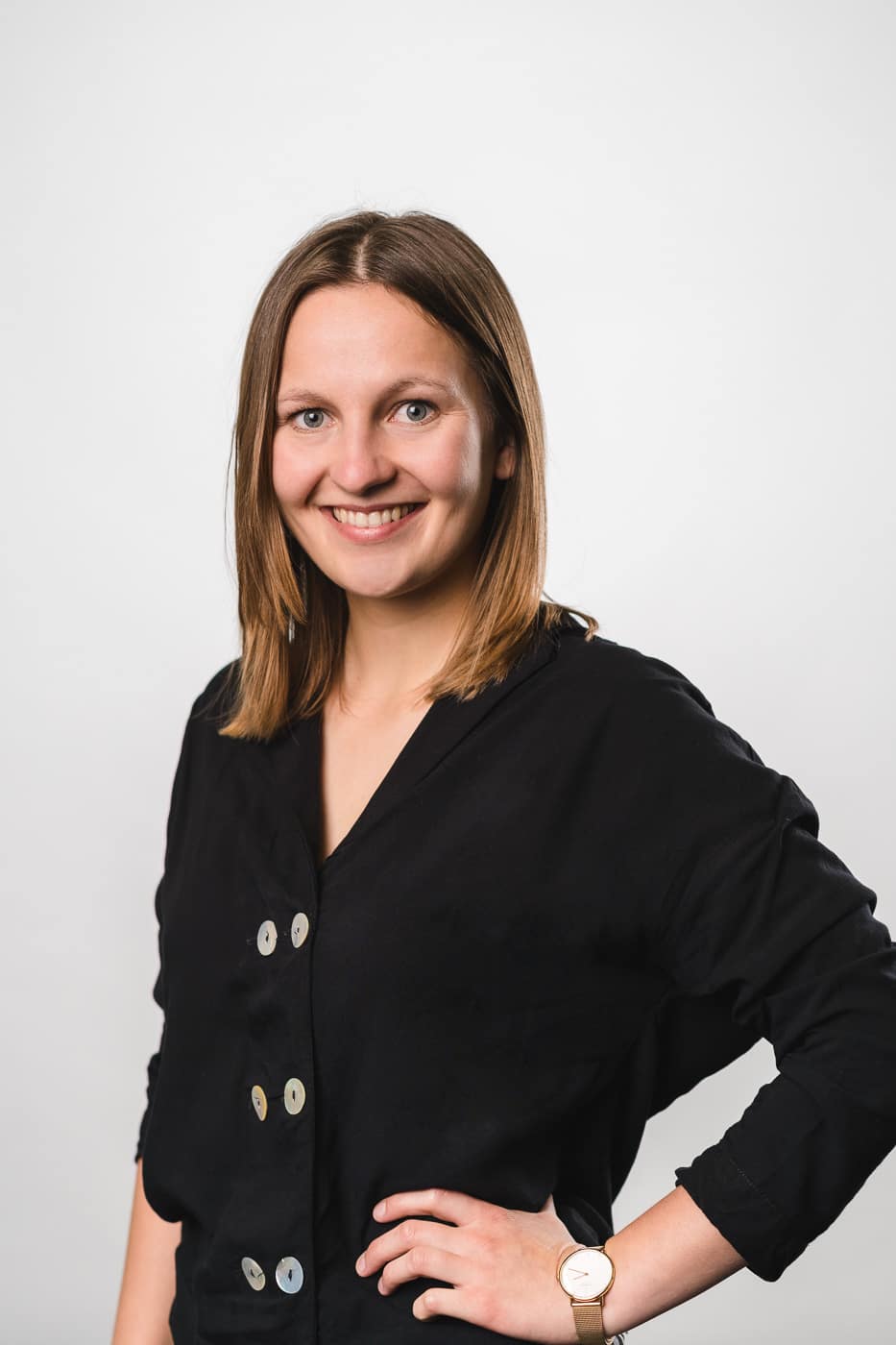Computing for development (C4D) LAB
The project was the incubator and advisor for 2 rounds of eight startups over a period of ten months. The first round saw the build up of the new facilities through TUMI funds to create the working enviornemnt needed for innovative work. During the first and second acceleration periods, work was closely supported by mentors and service providers to support them in sustainably growing their businesses.




